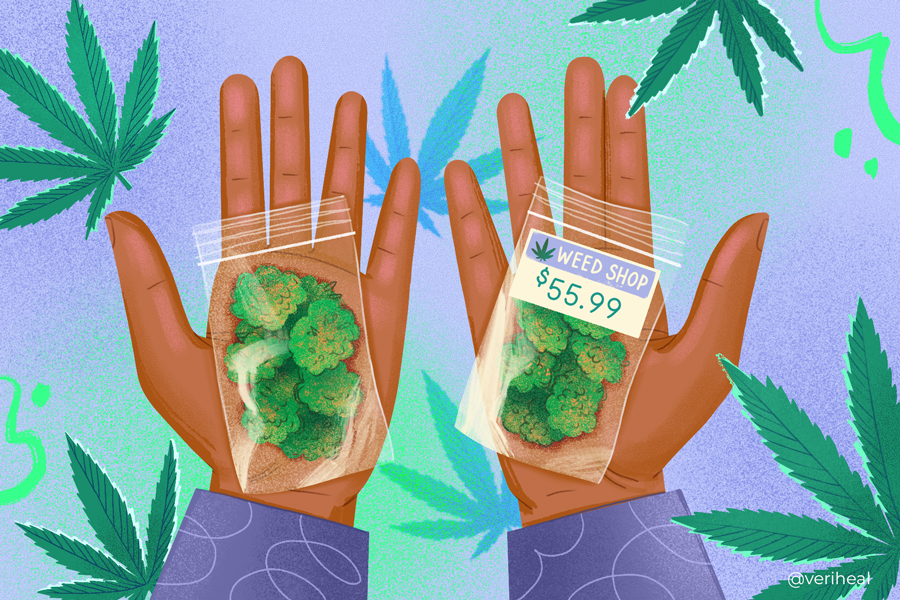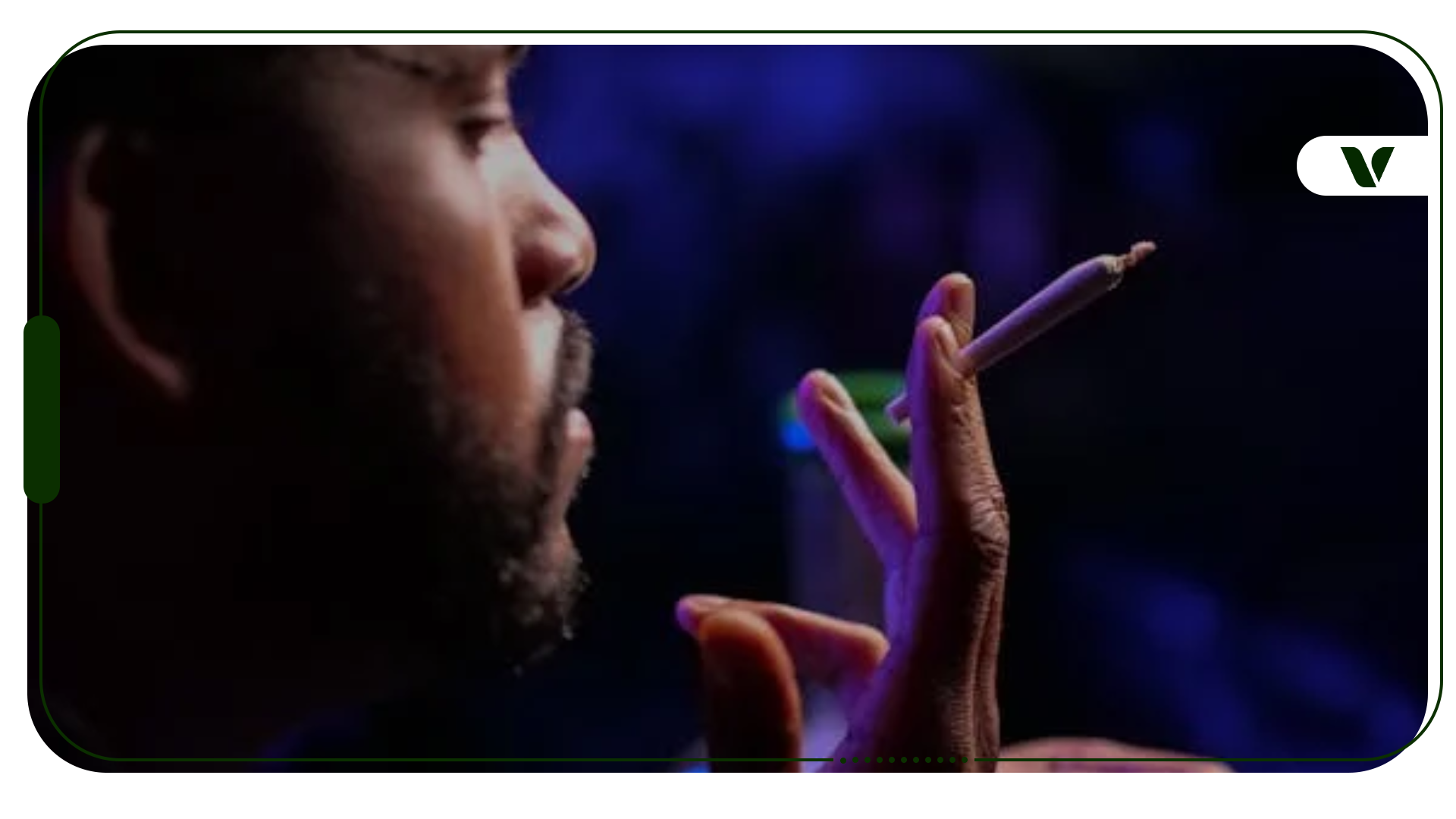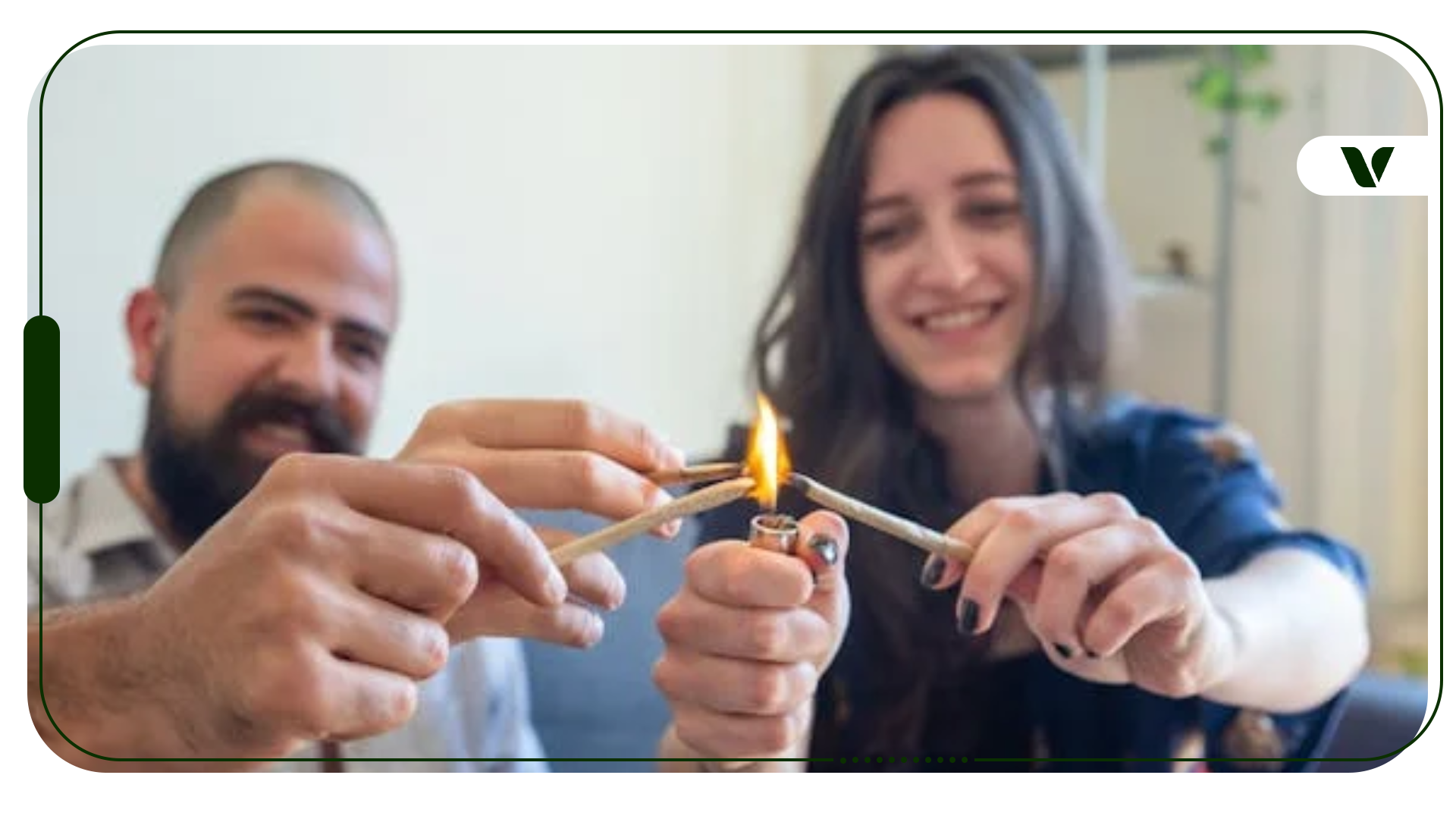Despite the fact that the legal cannabis industry is growing, many people are still purchasing from the illicit market. A recent study investigated this matter and found that buying cannabis from the illicit market may be “better” than legal weed. The obvious reasons for choosing the illicit market over the legal market include the likes of easier accessibility and lower cost. However, the illicit cannabis market may be better than the legal market for reasons other than that. But what about the risks that come with illicit cannabis?
Researchers Reach a Moral Conundrum
According to Vikiana Clement, the former executive director of the Cannabis Education Task Force at Brooklyn’s Medgar Evers College and the researcher, purchasing cannabis from the illicit market may be the “true moral choice” depending on circumstances. Clement explains that these illicit cannabis operators perform better than their legal competitors on several metrics, including the “triple bottom line.”
According to Harvard Business School, the triple bottom line refers to “a business concept that posits firms should commit to measuring their social and environmental impact—in addition to their financial performance—rather than solely focusing on generating profit, or the standard “bottom line.” It can be broken down into “three P’s: profit, people, and the planet.”
Obviously, the illicit market cannabis operators are doing so unlawfully. However, Clement states that the manner in which they operate is “actually what should be the models for business development in this industry.” Forbes explains that Clement has been working on the survey and research over the past two years and that more than 80 individuals were interviewed in New York City. Those who were interviewed included the likes of retailers, delivery services, and cultivators. Apparently, her research is still ongoing and has not been published yet, but Forbes states that “the findings are already clear enough to report.”
The Findings on the ‘Traditional’ Cannabis Market
Clement’s research found that the illicit market, which Forbes and Clement refer to as the “traditional market,” is “far removed from the trope of a ‘corner boy’ drug dealer.” She found that business owners in the traditional market pay their employees well, provide good customer service, and are “deeply involved in the communities they service.”
When assessing the traditional market on the grounds of the three Ps, Clement found that they scored better than some of the Fortune 500 companies. Forbes states, “For consumers, then, choosing to continue to patronize the legacy-market [the traditional or illicit market] operator means spending dollars locally, with merchants who—generally speaking—are good business citizens, or at least better than the legal alternative.”
Clement stated that “you have not found, at this time yet at least, the 5 or 10 blue-chip cannabis companies continuously doing that” in reference to good business operations. She added, “I very much respect how they operate as a business. People should copy them. And that’s not me taking from the heart. This is a data analysis.” The benefit of purchasing from the traditional market, known as the illicit market, appears to lie in the fact that locals will be spending their money locally. Annette Derandez, a Washington Heights resident, told Forbes,
“People should not be driving over the bridge to give MSOs their money. That’s taking money out of our communities. How are you going to have this guy deliver to you for years and years, he comes from the hood, he goes out of his way to make a business and be your supplier, and the minute [business] goes live in New Jersey, you’re going to take your business across the bridge? Leave him high and dry? You’ve got to support your plug in New York until the market opens. Cannabis is about community, and this money supports local communities.”
Merging the Old and New Cannabis Industries
While Clement brings a fresh perspective into reasons why it may be better to purchase from the illicit market, can what she found really be applied to all illicit cannabis operators? Her sample size was localized to New York City and was rather small. Supporting local businesses is important for keeping cash within the local economy, but rationalizing the local market on such an argument may pull on heartstrings and promote the danger that comes with purchasing from the illicit market.
While good illicit suppliers can be found, there are just as many dodgy and dangerous suppliers who contaminate products, mislabel products, mislead consumers, scam consumers, and may even be engaging in other illegal and more dangerous activities. Just as one can not say that all illicit cannabis operators are bad, one can not claim that they are all good. However, one aspect of Clement’s findings that we can agree with is looking toward those good traditional suppliers as models for the legal market. Perhaps this would be too radical of a suggestion for some, but authorities could approach those good, traditional operators and collaborate with them to establish an effective legal industry.
David Holland, a New York City-based cannabis law and criminal defense attorney as well as executive director of the National Organization for the Reform of Marijuana Law’s Empire State chapter, told Forbes, “I don’t see why people need to go to New Jersey for legal weed except for the novelty of it,” and that when one purchased on the illicit market, “you’re supporting local growers, for the most part” who have demonstrated responsible operations and support for the community. Once again, how can we be sure that all of these operations are responsible? Is there a manner in which authorities can weed out the bad from the good?
While the most reported barriers to purchasing legal cannabis are the price and inconvenience, people may be motivated to continue supporting traditional operations out of loyalty and a desire to support locals. Regardless of the reasons for continuing to support the legacy markets (i.e., illicit/traditional markets), it appears that replacing the illicit market with the legal one will be far more challenging than one may think. It certainly does not help when there is an inconsistency in legal access points, with some locations being densely populated with dispensaries and vast areas without any at all.
Author, Share & Comments








